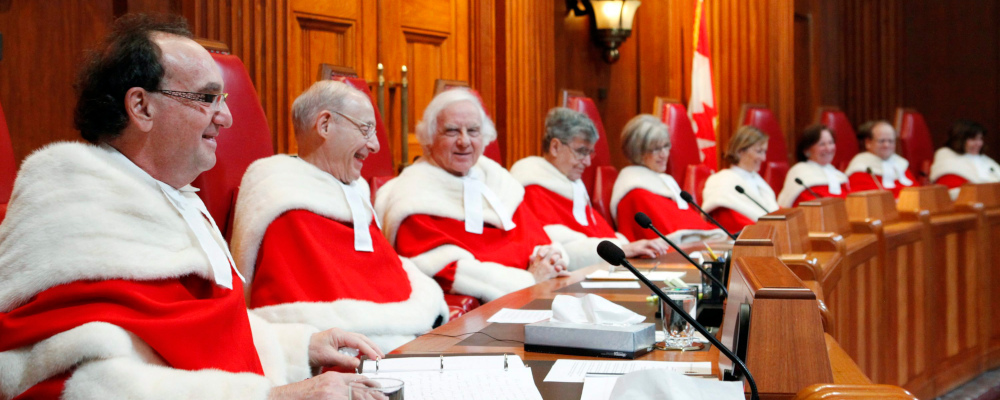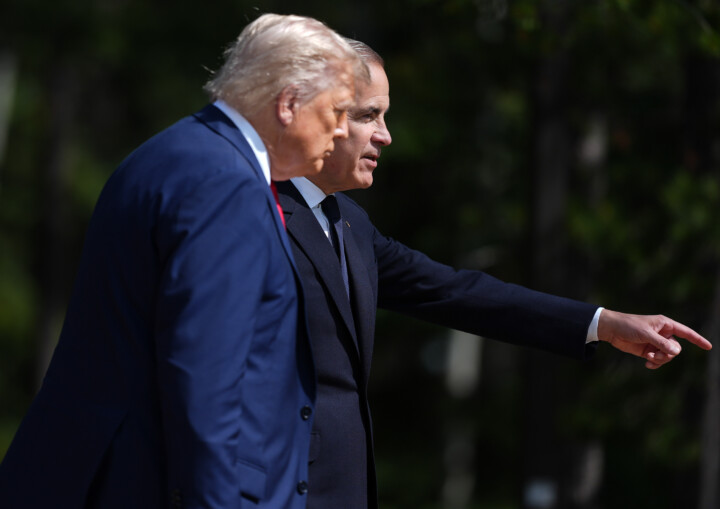Of the 115 people who have served on the U.S. Supreme Court since it was created in 1790, not one has been a Black woman. But with the closing of her confirmation hearings last week, and with at least two Republican Senators indicating their support, Judge Ketanji Brown Jackson is poised to become the first.“Republican Sens. Lisa Murkowski of Alaska and Mitt Romney of Utah said Monday evening they will vote to confirm President Joe Biden’s Supreme Court nominee, Ketanji Brown Jackson.” https://www.cnn.com/2022/04/04/politics/murkowski-romney-ketanji-brown-jackson-scotus-vote/index.html
In spite of the theatre, grandstanding, blatant partisanship, and plain absurdity that has come to define Supreme Court nominations in the U.S. (and make no mistake, the Senate judiciary committee hearings on Judge Jackson’s nomination have been no exception), this remains a momentous occasion for America, and especially for the millions of Black women who will soon see themselves represented at the highest level of the federal judiciary for the first time in American history.
In Canada, too, there will soon be a vacancy to fill on the country’s highest court. Several weeks ago, Justice Michael Moldaver announced that he will retire from the Supreme Court of Canada on September 1st of this year.“Supreme Court Justice Michael Moldaver will retire from the bench Sept. 1, ending a long judicial career that saw him sit on Canada’s highest court for more than a decade. ‘It has been an honour for me to be a member of this country’s highest court for the better part of 11 years,’ Moldaver said in a statement Thursday.” https://www.cbc.ca/news/politics/supreme-court-justice-michael-moldaver-1.6362803 This offers Prime Minister Trudeau the opportunity—for the fifth time during his tenure—to nominate an Indigenous justice to the country’s highest court for the first time in Canadian history, and there are several reasons why this would be the right decision.
First, diversity on courts helps them make substantively better decisions. The Supreme Court of Canada is composed of a panel of nine justices, and all nine hear nearly all cases brought before the Court and participate in deliberations. Diversity amongst the justices on that panel helps ensure that decisions are taken with a full appreciation of the various unique perspectives on the case at hand and of the consequences that will follow from the Court’s ruling. Canadian jurisprudence has shown that representation is of great institutional value to our legal system—particularly where fundamental rights and freedoms are concerned; legal restrictions on abortion, for instance, were only eliminated in the 1988 Morgentaler case after Bertha Wilson, the first woman to sit on the Supreme Court of Canada, had been appointed. She wrote a concurrence in that case that helped build the legal framework for reproductive rights jurisprudence in Canada.
Second, although cases involving Indigenous treaty rights, the concept of “Aboriginal title” and the status of Indigenous legal traditions vis-à-vis Canadian common law have preoccupied the Supreme Court of Canada for more than thirty years, there has not been a single Indigenous justice on the Court to participate in the adjudication of these cases. As Canadian courts continue to struggle with these issues and as new legal issues emerge (the horrific discovery of thousands of unmarked graves at residential schools last summer, for instance), the presence of an Indigenous justice will be more crucial than ever.
Finally, representation on the courts is a matter of legitimacy. For individuals to feel that institutions of government are legitimately empowered to adjudicate their rights and to shape the laws by which they are governed, they must see themselves represented in those institutions. Representation on courts encourages citizens to view both the process and the outcomes of trials as legitimate. Conversely, where representation is systematically lacking, confidence in the judiciary is diminished.‘Deck is stacked against us,’ says family of Colten Boushie after jury chosen for Gerald Stanley trial
This justification for representation is in fact already baked into the composition of the Supreme Court. Federal law requires the appointment of at least three judges who are familiar with the laws of Québec, by virtue of being either a judge or a lawyer in that province. The reason is not merely symbolic; Québec has a civil law system which is different from the rest of Canada, as well as unique legal and cultural traditions. Likewise, Indigenous communities have their own legal norms and traditions which have been explicitly acknowledged as having legal force in Canada.Pastion v. Dene Tha’ First Nation, 2018 FC 648 (CanLII), [2018] 4 FCR 467
Reflecting on the inauguration of Barack Obama in 2008, and the significance it held for racial equality in America, author Toni Morrison called it a “reclamation of the promise of what America believed about itself.” So what did America believe about itself? That it was a country where anybody, regardless of their race, could become President. But until that actually happened—until Americans could point to Barack Obama and say it was possible because it happened—the notion that a Black man could become President was merely that, a notion.
If Canada believes itself to be a place that truly promises multiculturalism, that foundational Canadian virtue, and if those in power are serious about reconciliation between Indigenous and non-Indigenous Canadians, then Indigenous representation in our highest civic institutions is simply a reclamation of that promise. If the law is to play any role in that project, then representation on the Supreme Court is an important first step.
Recommended for You

The fragile state of the Canadian family in 5 charts

Scandalous politicians could finally face serious consequences if this Supreme Court case is won, says democracy watchdog

Don’t downplay the costs of the AI revolution: The Weekly Wrap

Jewish groups advocate for new hate crime laws and better police tools to punish perpetrators



